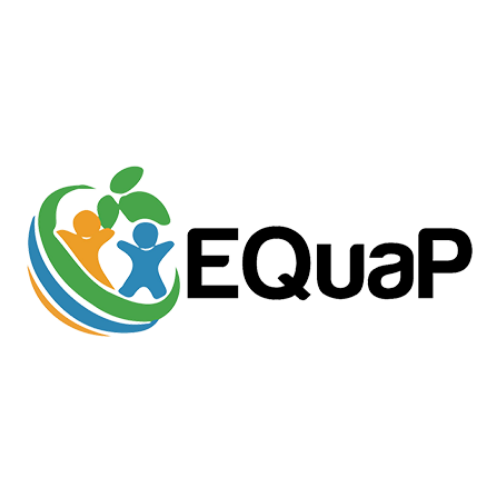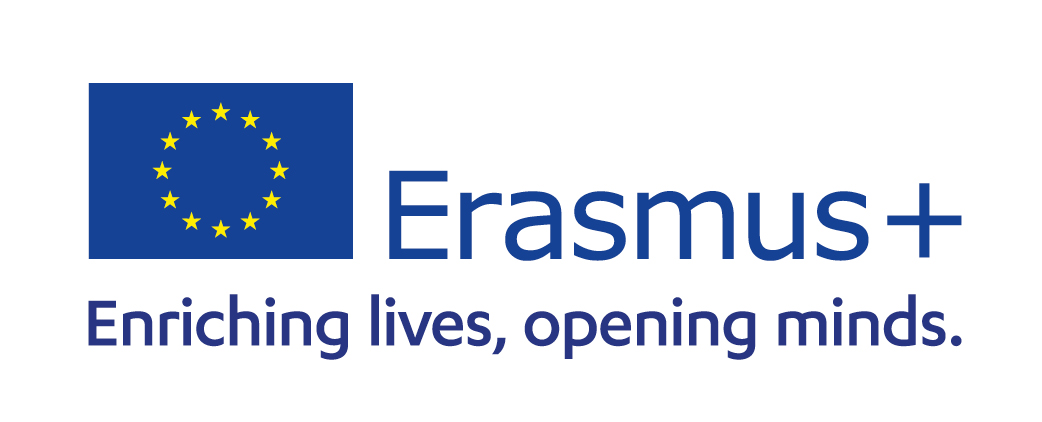

Erasmus+, KA2

Early childhood education and care (ECEC) has become a policy priority in many countries as well as a priority at EU level as pointed out in the Erasmus+ programming documents as well as in the context of the main strategic policy document pertaining education (ET 2020). There were five areas of quality that have been identified by policies for an improved child development:
The main problem that the project EQUAP identified and intended to address standed in the fact that involvement and participation of the parents and carers are scarcely or not sufficiently acknowledged as a key component contributing to quality of the ECEC.
Starting from existing quality indicators of participation, improved indicators more effective in terms of measuring participation as a process were developed. The main long term impact of the project has been an increased awareness and centrality attached to participation of families and carers as a key component enhancing quality of the Early Childhood Education and Care.
The general objective of the EQUAP project was to contribute to an improved quality of ECEC in Europe through an increased acknowledgement of the families and carers as a key component of the system.
In order to achieve this general objectives the project set out 4 specific objectives:
The project set in motion a process which ultimately led a transnational and multidimensional network and critical learning community of practitioners, parents, local policy makers and researchers. The project was strongly geared to the development of intellectual outputs that can bring innovation not only to the partners and their local ECEC systems but to the whole ECEC community (practitioner, researchers and policy-makers) in Europe.
The EQUAP project foresaw four main activities:
The job shadowing activities were an important milestone in the project. This is due to the fact that the set of practices that will be included in the tool box will be practices transferred from other countries, tested locally and then assessed in terms of added value they brought to the pre-school capacity to increase participation. The partnership believed that a presentation of a practice pertaining participation in the context of a project meeting is not sufficient to ensure an effective transferring, testing and adaptation. Only job shadowing can provide the possibility and create the conditions for the achievement of the expected results foreseen.
The job shadowing on the one hand provided the opportunity for the pre-school teachers of the partner organizations to learn more in depth about the practices themselves and the context in which the practice(s) they would like to transfer and test was developed. On the other hand they improved their knowledge about the elements of the ECEC system of the other countries involved. In particular observation in the pre-schools will focus not only parents and community involvement in the life of the pre-school but also on the daily routines, relations between children and between adults and children, organizational issues, use of the indoor and outdoor space.
The main results of the project have been:
– Innovative forms of participation (enabling practices and methods) were identified, transferred in other EU countries and tested.
– A toolbox enhancing participation has been created including (introduction, instructions, focus areas, and best practices) and disseminated in 9 EU languages.
– Increased interaction of the different components of the system (family members, practitioners, community).
– Increased competences of the ECEC staff pertaining participation.
– Increased internationalization and stronger European dimension of the involved pre-schools.
– Development of more effective indicators addressing comprehensively the theme of participation.
One of the main long term impact of the project has been an increased awareness locally and internationally and more centrality attached to participation of families and carers as a key component enhancing quality of the Early Childhood Education and Care.
EQUAP has been included in the publication “Toolkit for inclusive early childhood education and care” published by the DG Education, Youth, Sport and Culture.

Our objective is to increase cooperation among the
members of the network, between Italy and Sweden
and, more in general, the North and South of
the European Union.
Stradone Martiri della Libertà, 15 – 43123 Parma (PR) – Italy | C.F.: 91251370374
Tel: +39 0521686023 – Fax: +39 0521686023 – Website: www.sern.eu – Email: secretariat@sern.eu – PEC: secretariat@pec.sern.eu
© 2024 | All rights reserved | Privacy Policy | Cookie Policy